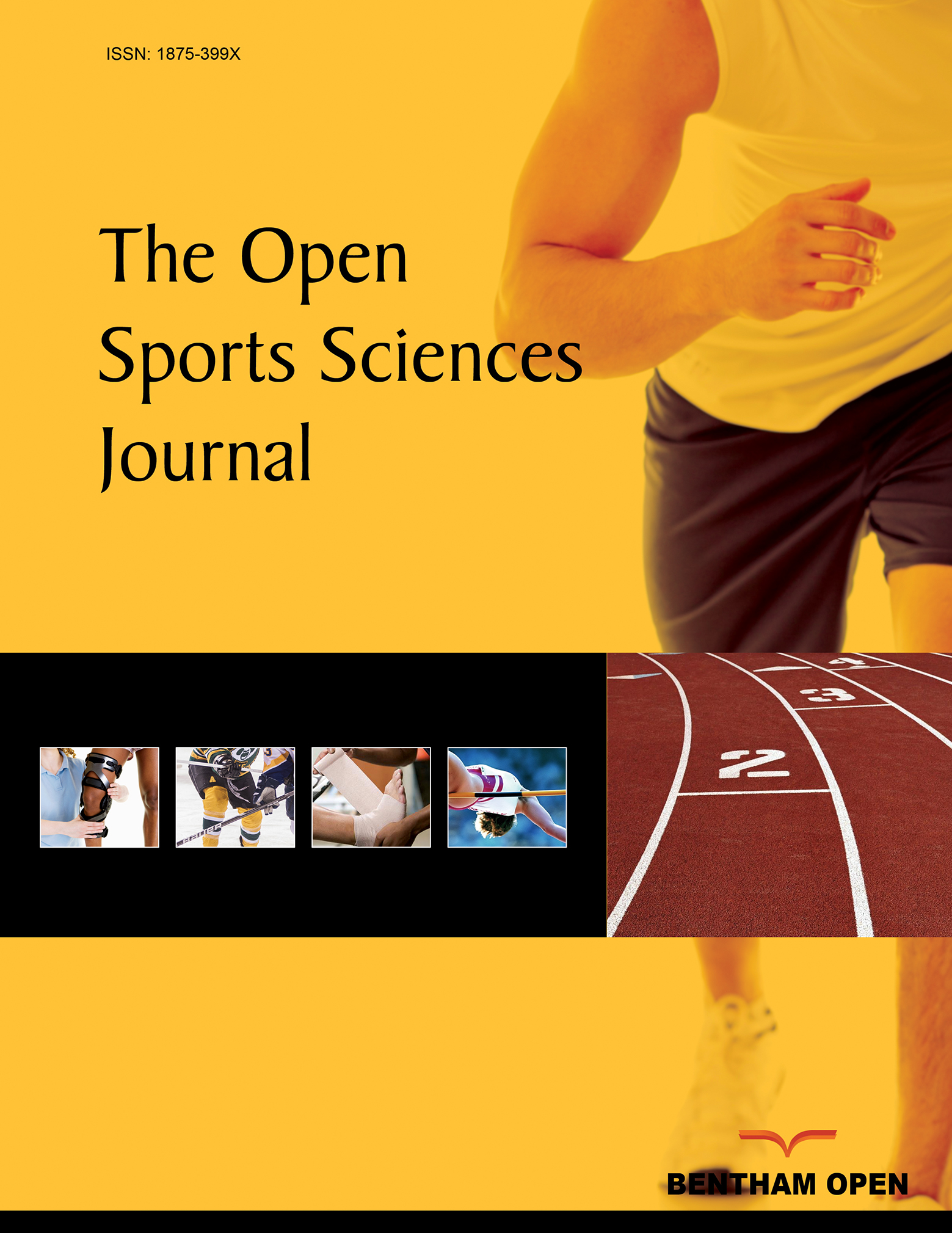All published articles of this journal are available on ScienceDirect.
Effects of Time Utilization on the Well-being of College Athletes
Abstract
Background:
Considering that college student-athletes spend a lot of time attending to academic and athletic tasks, their well-being can be compromised. Published literature on the impact of time demands on the well-being of college student-athletes is limited. Hence, the scholarly place of the current study is warranted.
Objective:
This research investigated the effects of academic time use and athletic time use on the subjective, emotional, and physical well-being of college student-athletes.
Methods:
A subset of the NCAA GOALS data, which included 5,042 student-athletes, was utilized. Two research questions were examined: (1) to what extent does academic time use predict subjective, emotional, and physical well-being? and (2) to what extent does athletic time use predict subjective, emotional, and physical well-being? and (2) to what extent does athletic time use predict subjective, emotional, and physical well-being? A series of two-step hierarchical regression analyses were performed. Race, gender, and NCAA division level were used as control variables.
Results and Discussion:
Results revealed that academic time use is a significant positive predictor of subjective well-being. Moreover, athletic time use is also a significant predictor of all well-being indicators. It positively predicted subjective well-being but negatively predicted emotional and physical well-being.
Conclusion:
Our findings showed that both academic and athletic time utilizations are significant predictors of subjective well-being but in varying directions.


